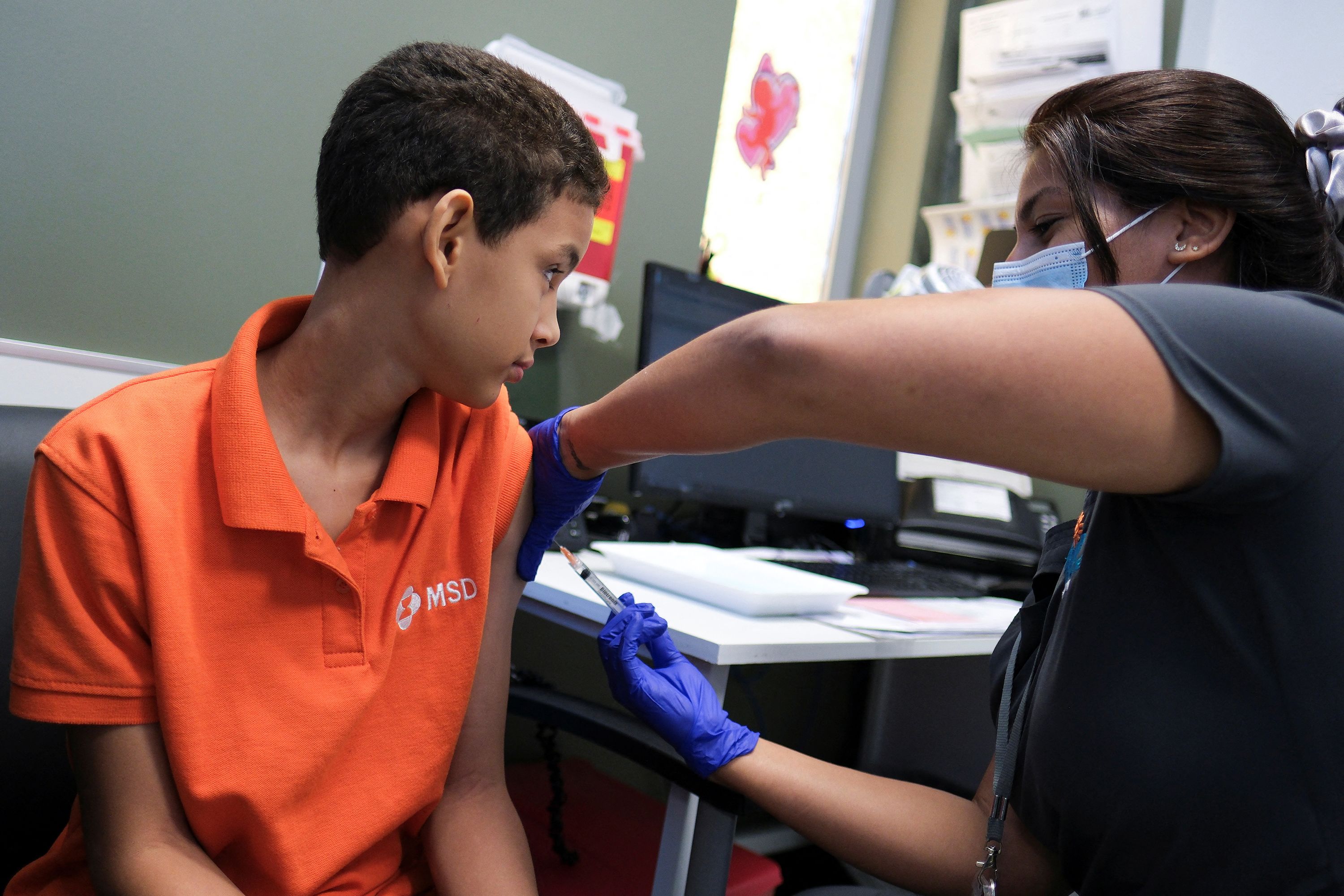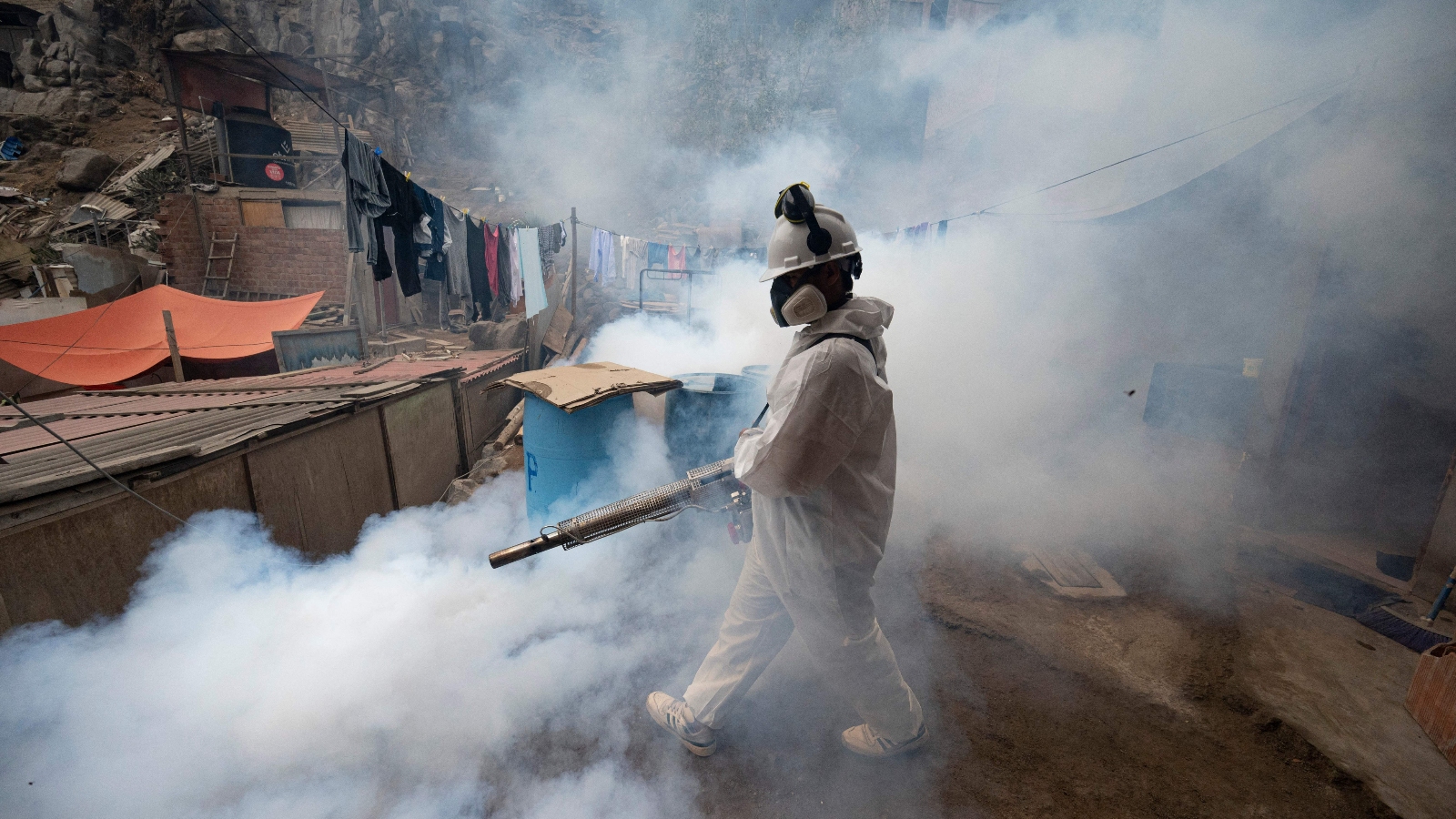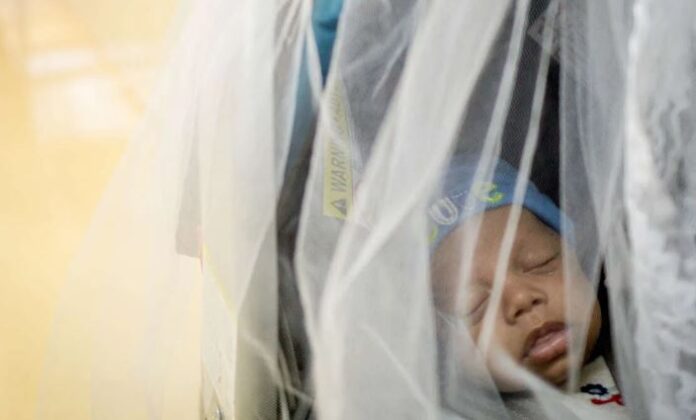Dengue fever is always a possibility in Puerto Rico and other hot, humid regions, but according to Puerto Rico Health Secretary Carlos Mellado, “cases have exceeded historical figures” this year.
In an attempt to stop the increase in dengue fever cases, Mellado declared a public health emergency this week. According to him, the declaration helps ensure Puerto Rico has access to the resources required to contain the epidemic. The declaration has a ninety-day expiration date and may be extended if needed.
Puerto Rico has declared a state of emergency due to the dengue virus, joining Brazil, Peru, and other Latin American countries experiencing epidemics.

At a press conference on Thursday, the Pan American Health Organization said that as of Tuesday, there had been over 3.5 million illnesses and over 1,000 fatalities in Latin America.
According to PAHO Director Jarbas Barbosa, “This is concerning because it represents three times more cases than those reported for the same period in 2023,” which was regarded as a record year.
The end of 2023 marked the beginning of a surge in dengue fever infections on the island, according to the Puerto Rico Department of Health. Dengue fever rates began to steadily rise above 2023 levels in January, with 146 cases documented by the third week of the month.

According to the Health Department, as of March 10, there have been at least 549 cases of dengue fever documented on the island since the year’s beginning, mostly in San Juan, the capital. Only 29 instances were deemed serious out of the approximately 62% of individuals who were hospitalized for the illness. As of yet, no deaths from dengue fever have been documented.
For people who get the mosquito-borne illness, fever is the most prevalent symptom, according to the Centers for Disease Control and Prevention. Severe headaches, nausea, vomiting, rash, and bodily discomfort are some other symptoms.
There are moderate and severe symptoms. The majority of people with this virus fever recover in a week, but in more serious situations, the illness may be fatal and need hospitalization because it can cause shock, internal bleeding, or even death.
People who have already had this virus are more likely to have severe symptoms. According to the CDC, a person may have dengue fever up to four times in their lifetime, one for each kind of virus that may cause the illness.

To implement the island’s dengue fever prevention and control plan, the CDC has been collaborating with the Puerto Rico Health Department and other local organizations. This plan calls for the removal and cleanup of any areas with standing water that could act as mosquito breeding grounds and encourages residents to utilize wire mesh panels and insect repellents to keep mosquitoes out of their homes.
Mellado said in a statement released on Monday, speaking in Spanish, that cooperation from all facets of Puerto Rican society is necessary to stop the virus from spreading.
The latest dengue outbreak in Puerto Rico was reported in 2012. During that period, dengue illness claimed at least 199 lives.
SOURCE: NBC NEWS





